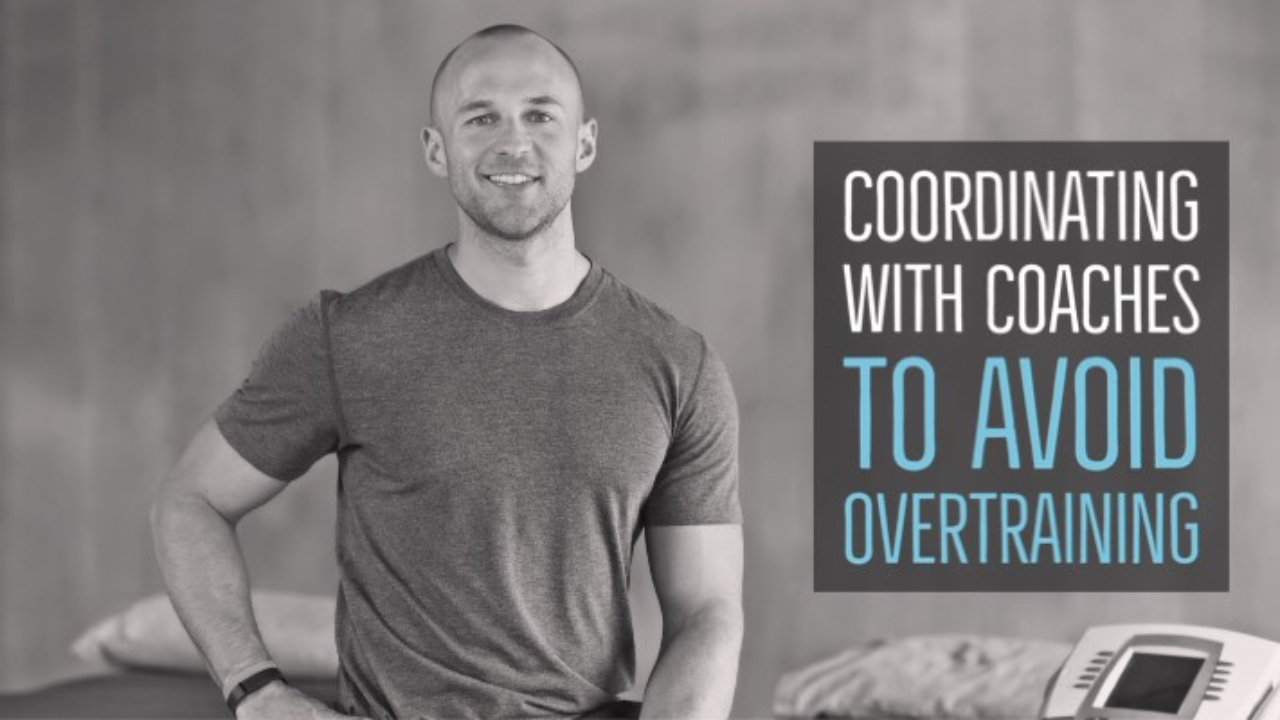
Coordinating with Coaches: Essential for Fighter's Success
Coordinating with coaches is crucial for fighters and grapplers to prevent overreaching, overtraining, and burnout. In the high-intensity world of combat sports, a collaborative approach with coaches ensures optimal training, recovery, and long-term success.
Understanding the Risks
- Overreaching: Pushing beyond the body's ability to recover, leading to performance decline and increased injury risk.
- Overtraining: Chronic exhaustion and decreased performance caused by excessive training without adequate rest.
- Burnout: Mental and physical exhaustion, loss of motivation, and diminished performance due to prolonged stress and pressure.
Open Communication
- Clear goals and expectations: Establishing open communication channels with coaches to align training objectives and set realistic goals.
- Regular feedback: Providing honest feedback on physical and mental well-being to avoid pushing beyond limits.
- Reporting signs of overtraining: Being proactive in reporting fatigue, excessive soreness, and persistent injuries to coaches.
Individualized Training Programs
- Collaboration with coaches: Working closely with coaches to design personalized training programs that consider individual strengths, weaknesses, and recovery capacity.
- Periodization: Structuring training cycles to balance intensity, volume, and rest, optimizing performance gains while minimizing the risk of overtraining.
- Recovery strategies: Incorporating adequate rest days, active recovery techniques, and proper nutrition to support optimal recovery and prevent burnout.
Monitoring Progress and Adjustments
- Regular assessments: Evaluating progress through performance metrics, physical assessments, and subjective feedback.
- Adjusting training plans: Coordinating with coaches to modify training intensity, volume, or techniques based on individual progress and recovery needs.
- Seeking professional guidance: Consulting with sports psychologists, nutritionists, and physical therapists to address mental and physical challenges and prevent overtraining.
Mental Well-being and Support
- Mental health awareness: Recognizing the importance of mental well-being and seeking support when needed.
- Open dialogue: Discussing mental stressors and concerns with coaches, ensuring a supportive training environment.
- Balancing life and training: Coordinating with coaches to establish a healthy work-life-training balance, preventing burnout.
Coordinating with coaches is essential for fighters and grapplers to avoid overreaching, overtraining, and burnout. By fostering open communication, designing individualized training programs, monitoring progress, and prioritizing mental well-being, fighters can achieve optimal performance while safeguarding their long-term success in combat sports.
Remember, success in the ring starts with a coordinated approach with your coaches!




